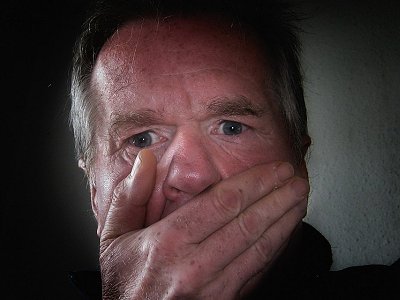
CHINA’S BATTLE FOR THE PAST
If you don’t know history, it’s as if you were born yesterday. If you were born yesterday then any leader can tell you anything, said American historian, Howard Zinn.
Knowing history is not just the key to understanding the present, but the future too. In a free society, history is open to debate, argument and revision. This does not make history slippery in the way post-modernists contest. There is objective truth in this world, it’s just that the countless, fluid and interacting stories that make up history mean people do not always agree on its meaning. We have different opinions about the past and the present; what we are not entitled to are different facts.
Some go a step further, though. They control present and future by ruthlessly suppressing some historical facts while cynically distorting others. None more so than authoritarian leaders.
Sparks (Penguin, 2024) by Ian Johnson is the stimulating and heartening story of how underground historians in China are countering the stifling narrative of the Chinese Communist Party which has wrapped itself round the state of China. The goal is to ensure the history of one becomes indistinguishable from the history of the other. China is the Chinese Communist Party (CCP) and the Chinese Communist Party is China. But there are very different stories to be told about the two.
For many who live outside China, easy stereotypes prevail about totalitarian control and the comprehensive subjugation of 1.2 billion people. Just writing this claim shows its weakness. It is impossible to control the thinking of an entire population that size. To quote Abraham Lincoln:
You can fool some of the people all of the time, and all of the people some of the time, but you cannot fool all of the people all of the time.
And China’s counter-historians are betting on this.
Theirs is a growing network of people using new technologies to build an alternative history to that coerced by the CCP. PDF documents, shared emails, downloadable videos and more are being used. Despite the claims of the CCP and the assumptions of other nations, censorship is not perfect; there are breaches in the wall through which the water of information is seeping and may one day pour.
The origins of the CCP in Yan’an province; the Mao-induced famine of the Great Leap Forward; the chilling re-set of the Cultural Revolution; the Tiananmen Square massacre of democracy protestors; and the suppression of early Covid stories in Wuhan are key nodes in the history of modern China where the CCP’s narrative departs from the facts. As time fades, there are fewer contemporary witnesses of these events, especially earlier ones; recording and preserving their remaining stories is vital. Where these are barely available, some have taken to the art of historical fiction to ensure there is some kind of account. The Vietnamese American writer, Viet Thanh Nguyen speaks of ‘just history’ - history that has multiple perspectives and not just those with the power to control the narrative.
China is not alone in this battle, and there is a broader global fight today round issues of truth and falsehood, turbo-charged by the manipulation of online platforms. It is also a spiritual battle: when truth suffers identity theft, justice is lost to us. The assault on truth is an assault on God himself, for Jesus said: I am the truth.
The CCP is presently spending ten percent of annual government expenditure on domestic intelligence services. It costs money to deceive, manipulate and control people and it is a never-ending battle against the insurgent historians and ordinary members of the public who are tired of propaganda. As Ian Johnson concludes in the book Sparks, these historians:
continue in the belief that their work will matter in the future. They want future Chinese to know that in the 2020s, when things had never been darker, Chinese people inside China did not yield to comfort or fear.





